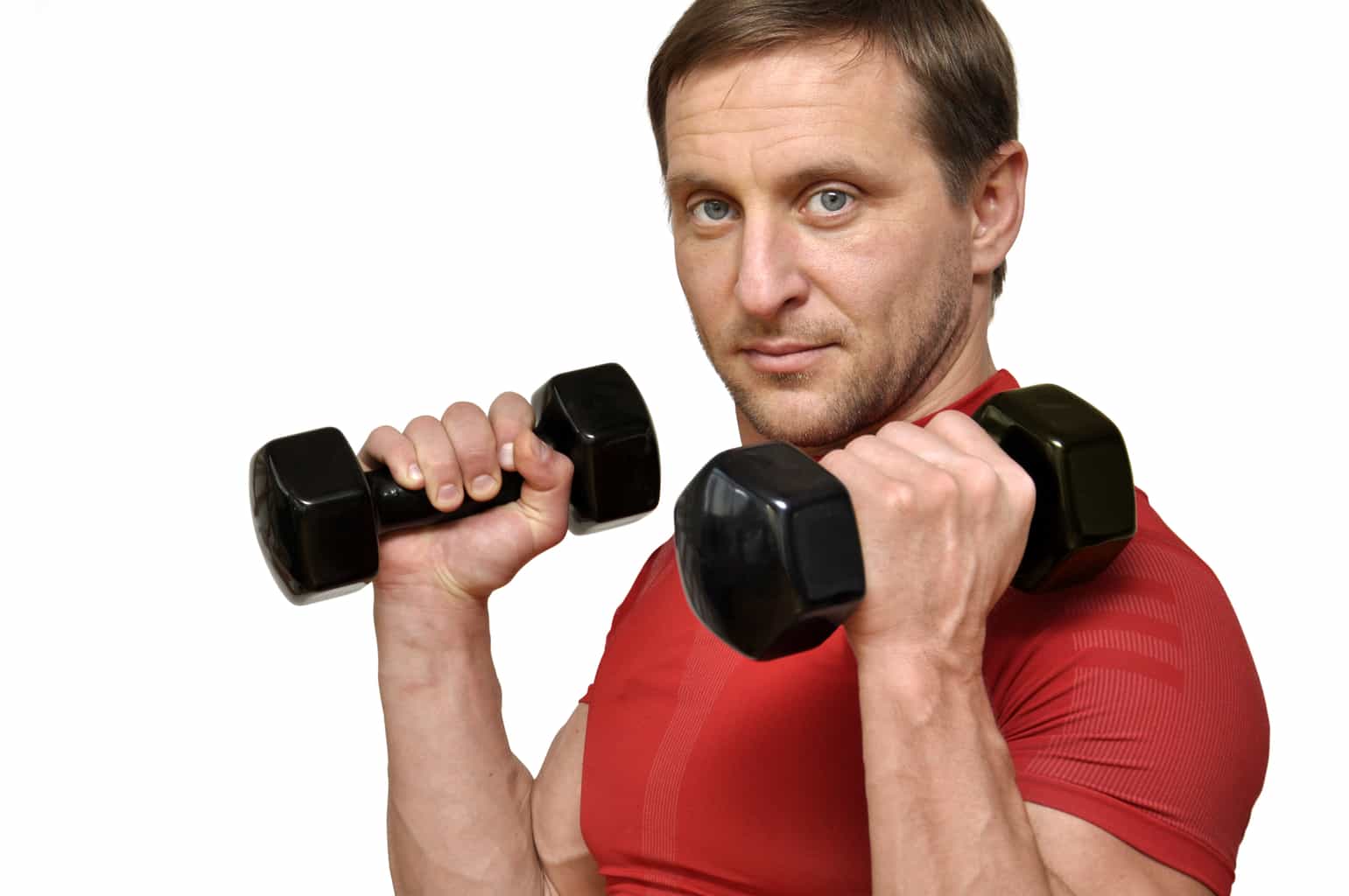
[cmamad id=”8231″ align=”center” tabid=”display-desktop” mobid=”ad-off” stg=””]
For many decades, cholesterol has gotten a bad rap.
It’s received the blame for causing heart disease, obesity, and a host of other problems.
That led the medical industry to employ any effort to reduce cholesterol levels in the body.
However, the case against cholesterol stands on flimsy evidence.
And slowly, the medical establishment is realizing this and reversing its opinions.
The most recent guidelines put out by the USDA eliminate the advice to avoid cholesterol and saturated fat.
Now, the new USDA guidelines don’t encourage eating cholesterol, but they don’t demonize it either.
Basically, they just stopped saying it’s bad, and call it neutral instead.
But what if people need cholesterol from the diet?
What if it’s similar to a necessary vitamin or mineral?
Is cholesterol necessary for our health in some way?
Some newer research is starting to show exactly that.

In this study, researchers studied the effect of weight training on elderly men.
[cmamad id=”8232″ align=”center” tabid=”display-desktop” mobid=”ad-off” stg=””]
Weight training is the best exercise to increase muscle mass.
The men were aged 60 to 69, and they all underwent a resistance training program.
They tracked their food intake with dietary logs.
Researchers tracked serum cholesterol through the study.
And they tracked which patients took statins — statins lower cholesterol.
The results were interesting, and seemingly somewhat conflicting.
They found that both higher cholesterol and statin use supported greater increases in lean muscle mass.

So, both higher cholesterol and a drug that lowers cholesterol had the same results.
How could this be?
These associations seem to contradict each other!
Well, an important thing to note is that the study did not use randomized subjects.
In other words, it was simply an observational study.
The men who were taking cholesterol-lowering medication weren’t randomly selected to be a part of a “cholesterol-lowering” group.
Their doctors had already prescribed statin medication for these men.
Now, think about this.
Why does a doctor prescribe medication to lower cholesterol?
The obvious answer is — because the patient has high cholesterol.
So, if you this way, it could be that the two “independent” associations were really the result of the same factor.
And the common factor here is higher serum cholesterol.
Now, if you’re a long-time reader of Daily Medical Discoveries, you know I don’t recommend statins.
I don’t recommend any medication to lower cholesterol.
However, this is a conversation to have with your doctor.
But the findings raise the question — are there any other studies that tested the effects of cholesterol on muscle growth?
The answer is yes, and the same group of researchers conducted it.

In this study, the researchers again studied elderly men.
But this time they randomized the patients to groups that ate different amounts of cholesterol.
The first group ate 200mg of cholesterol per day, the second group 400mg per day, and the third 800mg per day.
All subjects ate diets containing similar amounts of calories and protein.
And they all engaged in 12 weeks of resistance training.
At the end of the study, the compared the groups on several measurements, including gaining muscle.
They found that all subjects gained a similar amount of muscle.
And they all lost a similar amount of fat.
However, the more cholesterol the group ate, the greater the increase in muscle strength.
And that was even though the amount of lean mass wasn’t different between the groups.
So, how do you apply these results to your life?
The easiest way is to eat more cholesterol-rich foods.
The simplest way to accomplish this is to add eggs to your diet.
Eating 3-4 eggs a day would be closest to the high cholesterol group.
You can also eat organ meats such as liver, which are a rich source of dietary cholesterol.
I suggest adding them to your diet about once a week.
Lastly, if you are on a cholesterol-lowering medication, you may wish to discuss these studies with your doctor.

https://www.ncbi.nlm.nih.gov/pubmed/17921432
Dietary Cholesterol and Skeletal Muscle Hypertrophy with Resistance Training: A Randomized Placebo-Controlled Trial
http://www.fasebj.org/cgi/content/meeting_abstract/22/1_MeetingAbstracts/962.13

Leave a Reply